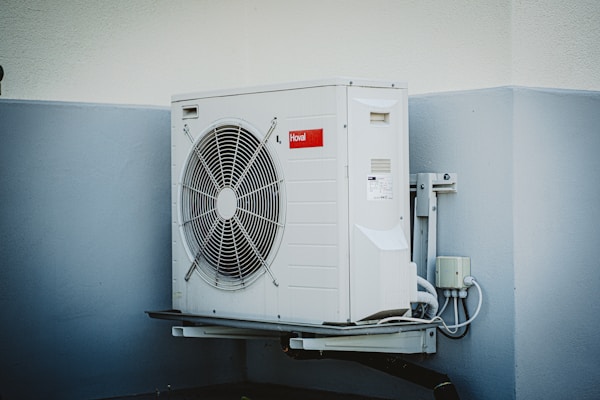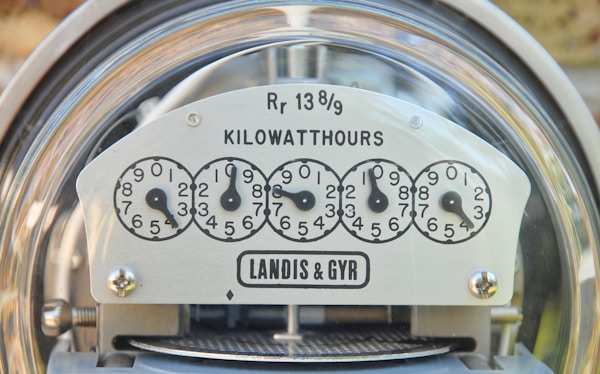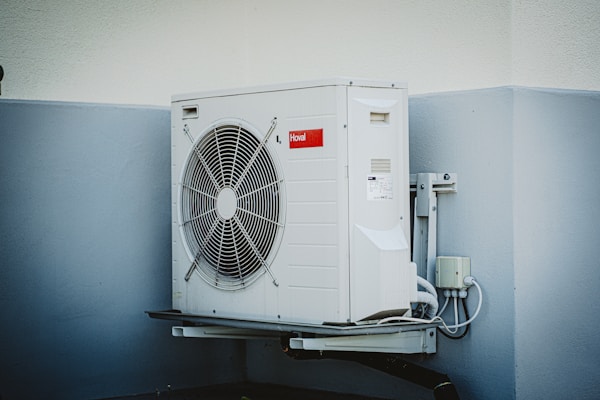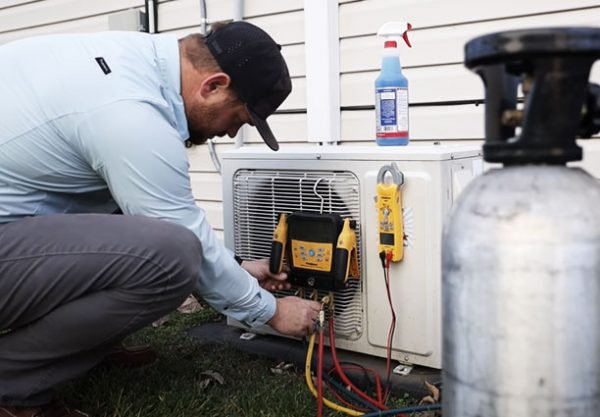If you’re in the market for a heating and cooling system upgrade, you might have come across the terms “heat pump” and “central air.” While both systems can effectively heat and cool your home, they differ in how they operate and the benefits they provide. Understanding the differences between these two options can help you make an informed decision about which one to choose. Keep reading to learn more about the difference between heat pump and central air equipment.
What is a heat pump?

A heat pump is a highly efficient heating and cooling system that works by transferring heat from one place to another. This system can be used for both heating and cooling purposes, making it a versatile choice for households. In the winter, the heat pump extracts heat from outside and pumps it into the home, thus heating it. During summer, the heat pump works in the opposite direction by transferring heat from inside the house to the outdoors, which keeps the residence cool. Heat pumps come in several types, such as air-to-air, geothermal, and water-source heat pumps, giving homeowners flexibility when choosing the one that suits their preferences.
What is central air conditioning?

A central air conditioner is a system that cools and dehumidifies the air in an entire house or building. It works by using a network of ducts to circulate cool air throughout the space, which is controlled by a thermostat. The system consists of two main components: an outdoor unit that houses the compressor and condenser and an indoor unit that contains the evaporator coils and air handler. The compressor pressurizes and circulates refrigerant between the indoor and outdoor units, while the evaporator coils absorb heat and humidity from the air through a process of evaporation. Once the air has been cooled and dehumidified, it is then circulated back through the ducts and vented into the rooms.
What’s the difference between a heat pump and central air?
Central air conditioning and heating and heat pump systems are the most common ways to regulate the temperature in homes. Both systems are used to cool and heat the home throughout the year. However, there are subtle variations between a central air system and a heat pump system. The major difference between the two is the method of heating and cooling. A central air system uses a forced-air heating technique that relies on a separate furnace, whereas the heat pump is an electric heating and cooling process that moves hot and cold air from one place to another.
Another significant difference is the efficiency factor, wherein heat pumps operate at higher efficiency than central air systems. Heat pumps function on electricity, which is a cost-effective method of generating heat, while central air systems utilize traditional fuel sources, such as oil and gas, which can lead to a higher electricity bill. Additionally, since heat pumps can satisfy the heating and cooling requirements of a home, installation of a central air conditioning system may not be required, reducing overall installation costs. Overall, choosing between a heat pump and a central air system depends largely on the homeowner’s preference and the specific needs of the household.
What are the benefits of a heat pump vs. central air?

The primary benefit of a heat pump is its energy efficiency. Since the heat pump doesn’t have to generate heat directly, it uses less energy than a central air system. This means that although the initial cost of a heat pump is generally higher than a central air unit, you can save more money on utility bills in the long run. Heat pumps have a much higher SEER rating than some other types of equipment.
Another significant advantage of a heat pump is its versatility. With a heat pump, you can both cool and heat your home with one system. This combination of functions eliminates the need for separate heating and cooling systems and can save you money on equipment costs in the long run.
On the other hand, a central air system offers its benefits, especially in regions with extreme humidity levels, such as the southern parts of the United States. When it comes to removing humidity from the air, central air systems are an excellent choice because they provide better dehumidification.
Understanding the differences between heat pumps and central air can help you make an informed decision about which system is best for your home’s heating and cooling needs. Both options have their advantages and disadvantages, and it’s essential to consider factors like climate zone, efficiency, and cost when making a decision. Ultimately, choosing the right system can lead to improved comfort and energy savings in the long run.










